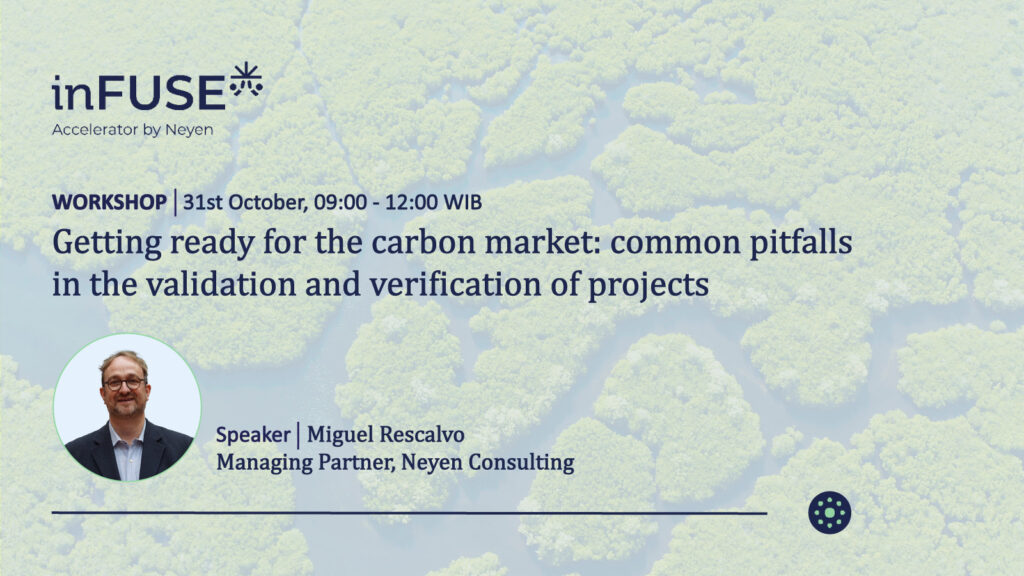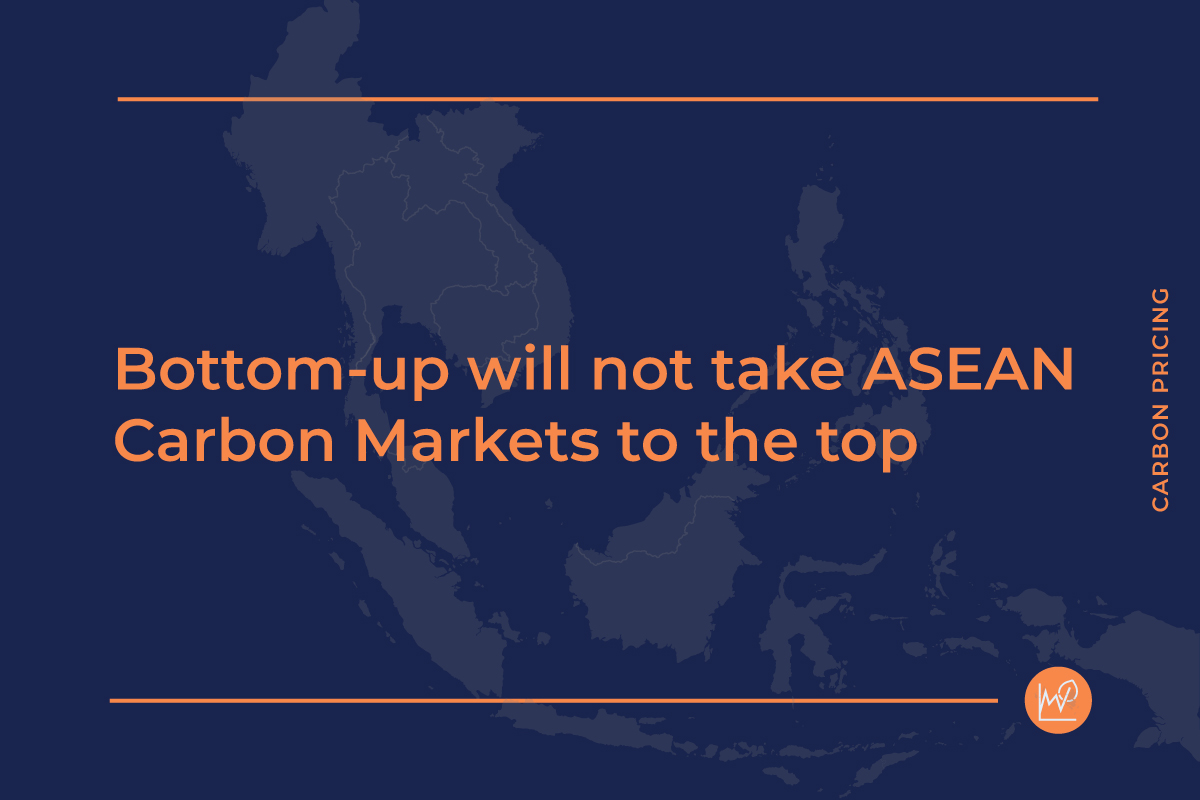The workshop began by introducing Project Design Documents (PDD). PDDs describe the planning of a carbon project in detail and how it will meet the requirements of certain standards. PDDs are part of the documented evidence that needs to be submitted for validation and verification processes by validation/verification bodies (VVBs).
Miguel Rescalvo, Neyen’s Managing Partner, conducted an interactive session with the participants covering some examples of common pitfalls in validation and verification of carbon projects. Common pitfalls usually stem from different rules amongst carbon programs, these include project size (small-scale vs large scale); project start date; methodologies; legal and permit requirement; and stakeholder consultations.
Small Scale vs Large Scale
Carbon programs have differing definitions on the scale of projects and allow developers to apply for different accounting methodologies and MRV depending on the project size. For example, VERRA defines small-scale projects as those with emissions reduction below 20,000 tCO2/year. Gold Standard further distinguishes small and micro-scale projects. Meanwhile, Indonesia Certification of Emissions Reduction Scheme (SPEI 2023) does not recognize project sizes.
Project start date
Additionality is one of the key principles for projects to be eligible for crediting programs. SPEI 2023, for example, requires projects to start not more than five years prior to the validation of PDD. Gold Standard, on the other hand, defines project start date as “the date on which real action to implement the project begins”. The logic of “additional” here means that there is no available funding unless access to carbon finance is given.
Applicability Conditions
Each carbon program has different applicability conditions, i.e., details about the methodologies applicable for projects. For example, the Gold Standard VER Methodology requires fuel switch from fossil fuels to biomass residues in boilers for heat generation. In case of project activities that involve replacement or retrofit of existing boiler(s), all boiler(s) existing at the project site prior to implementation of the project activity should be able to operate until the end of the crediting period without any retrofitting or replacement, i.e. the remaining technical lifetime of each existing boiler should at the start of the crediting period be longer than the duration of the crediting period (7 or 10 years as applicable). For the purpose of demonstrating this applicability condition, project participants should determine and document the typical average technical lifetime of boilers in the country and sector in a conservative manner, taking into account common practices in the sector and country. [1]
Issues like this can often be found unaddressed in PDDs, meaning projects do not meet one or more of the applicability criteria. One possible solution to overcome this issue is to document typical average technical lifetime of boilers in the sector or country in a conservative manner, taking into account common practices in the sector or country.
Legal and permit requirement
In creating PDDs, activity developers need to ensure the inclusion of permitting and other relevant legal requirements by the carbon programs. In addition, attention needs to be paid to other requirements such as project compliance, environmental and social impacts, and licenses for operational activities (construction, environment, ISO). Last but not least, it is important to include the monitoring of these requirements during the crediting period.
Stakeholder consultations
Carbon programs are becoming very specific with respect to stakeholder consultations. According to Gold Standard, stakeholder consultations must occur prior to project implementation and must include both a Local Stakeholder Consultation (LSC) and a Stakeholder Feedback Round to capture any concerns from local communities. Stakeholder consultations shall be considered as an opportunity to involve local people and indigenous communities (LPIC) in ensuring project integrity.
Conclusion
Activity developers should be aware of potential issues and common pitfalls when preparing PDDs for validation and verification processes. The list above is just a small sample of common pitfalls. Each carbon program has detailed requirements as part of their program documentation, standards, methodologies and validation/verification processes definition. Activity developers should be aware that the same aspect may be subject to different requirements and interpretations by different carbon programs and that these requirements change overtime.
[1] Gold Standard. GS VER Methodology: “Fuel switch from fossil fuels to biomass residues in boilers for heat generation”




